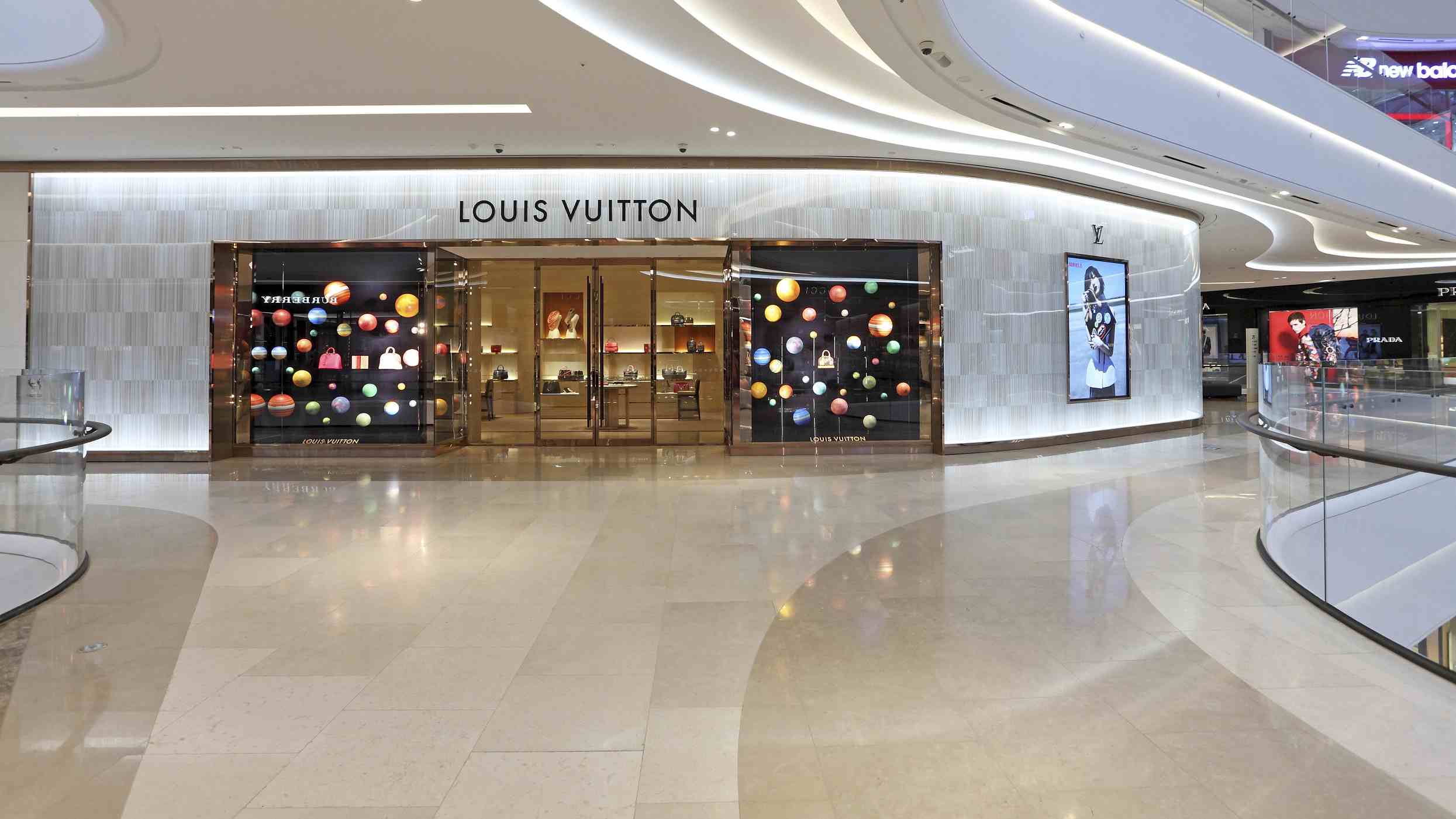
Business
10:46, 05-Nov-2018
Vying for Vuitton: China's e-commerce rivals seek luxury stranglehold
Updated
10:33, 08-Nov-2018
CGTN

China’s online giants Alibaba and JD.com are taking their battle for relevance in the lucrative luxury goods market to a new level, as they aim to crack e-commerce tie-ups with top brands that usually shun selling through third parties.
But some of the most prized names have so far remained aloof, and the race is on to attract the likes of LVMH's Louis Vuitton: a brand known for only selling its handbags and other wares through its own stores and websites.
Solo efforts
Vuitton, one of the market leaders in the luxury sector with annual revenues estimated at more than 9 billion euros, is fiercely protective of its distribution as a means of controlling prices and supply.
That has helped Vuitton, and a handful of rivals such as Hermes, sustain their status at the upper end of the luxury hierarchy, a high-margin sphere to which others like Burberry aspire.
Chinese customers are critical for Vuitton and its peers, already accounting for at least a third of all industry sales. “A third of potential buyers are in cities where there are no luxury stores. Their only access to products is e-commerce,” said Sebastien Badault, Alibaba's managing director for France.
The group says it can give luxury brands visibility and access to those areas, and also crunch data from its more than 600 million online shopping clients to help them identify pockets of demand.
Education Process
The sites offer to share client data and take commissions per sale, which at Alibaba's Luxury Pavilion sit at up to 5 percent, Badault said. That is in line with the broader online shopping sector in China, but lower than the 12-15 percent average on US or European equivalents, he added.
“We're open to doing that because we know it's an education process,” Ding said, adding that JD had constant exchanges even with the reticent brands like Vuitton, Hermes, and Gucci. “We are invited by them to give lectures, to share our findings and experience.”
Peanuts
JD and Alibaba will still have to persuade brands that their platforms can deliver. They aim to eventually reach a universe of 200 to 250 luxury labels, up from the 80 Toplife expects to have by year-end or the 75 Pavilion now boasts.
Luxury players are increasingly open about their struggle to break China's online market alone.
“Our business is on fire and when I look at the e-commerce that we do (in China) it's basically peanuts,” Fabrizio Cardinali, the chief operating officer at Italy's independent Dolce & Gabbana, told a Financial Times Business of Luxury conference earlier this year.
“We need to find a way to break through, and it's not just for us, it's for everybody.”
Source(s): Reuters

SITEMAP
Copyright © 2018 CGTN. Beijing ICP prepared NO.16065310-3
Copyright © 2018 CGTN. Beijing ICP prepared NO.16065310-3